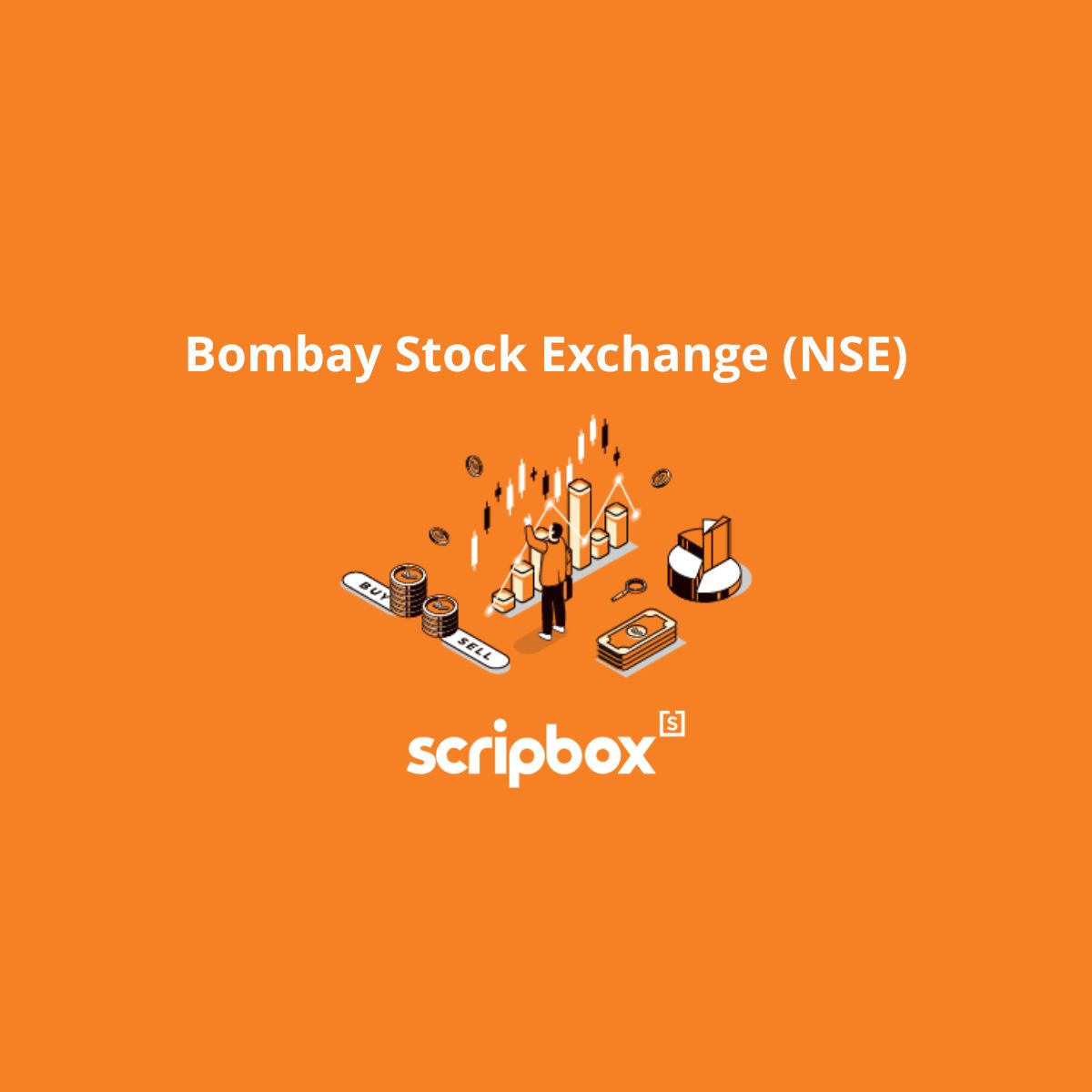
Functions and Role of Bombay Stock Exchange (BSE)
What is BSE? The Bombay Stock Exchange is the first and oldest stock exchange in India which was founded in 1875 as the Naive Share and Stock Brokers Association. The BSE is located in Mumbai, India, and lists more than...
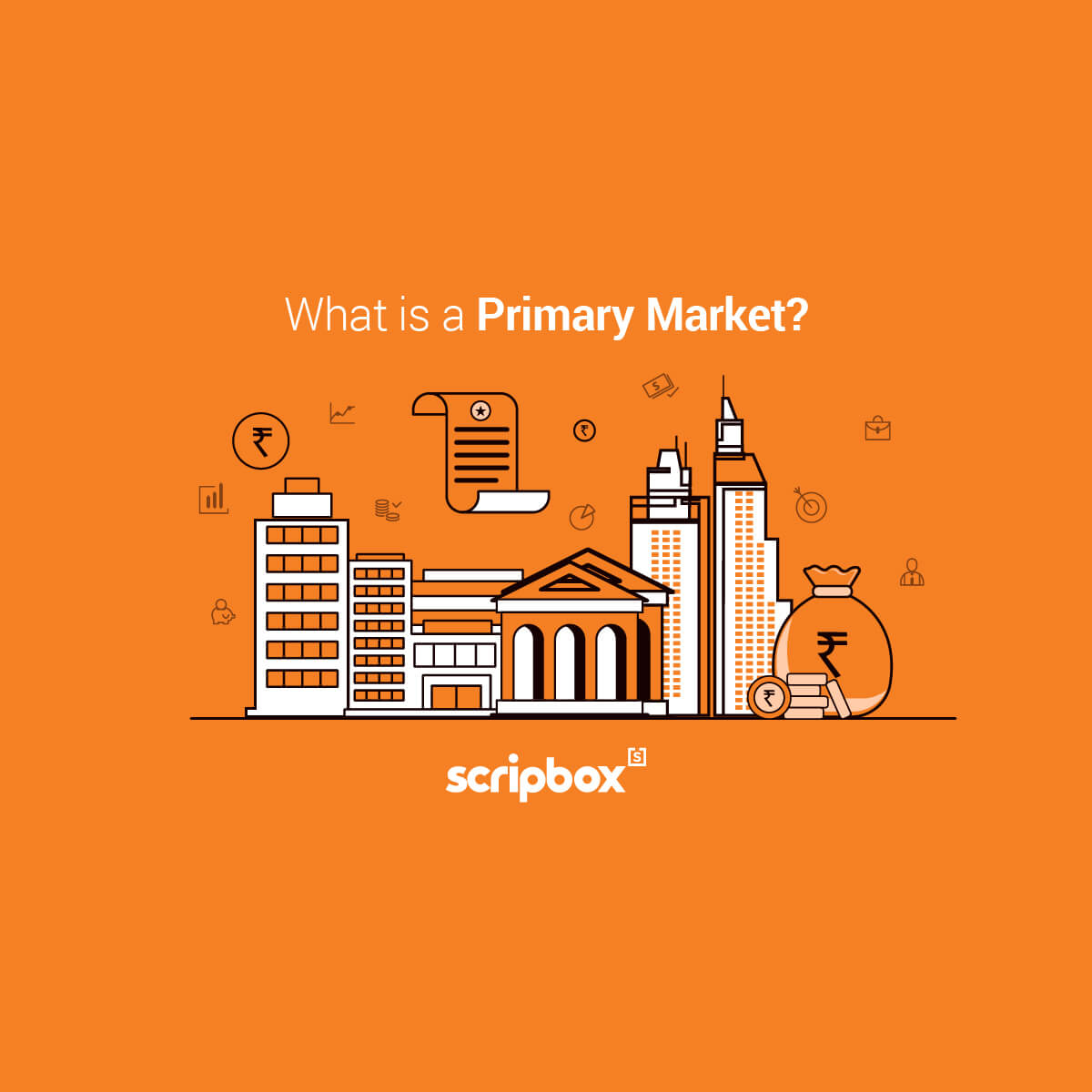
What is Primary Market? Meaning, Functions, Types
What is the Primary Market? The primary market is a part of the capital market. It enables the government, companies, and other institutions to raise additional funds through the sale of debt and equity-related securities. For example, primary market securities...
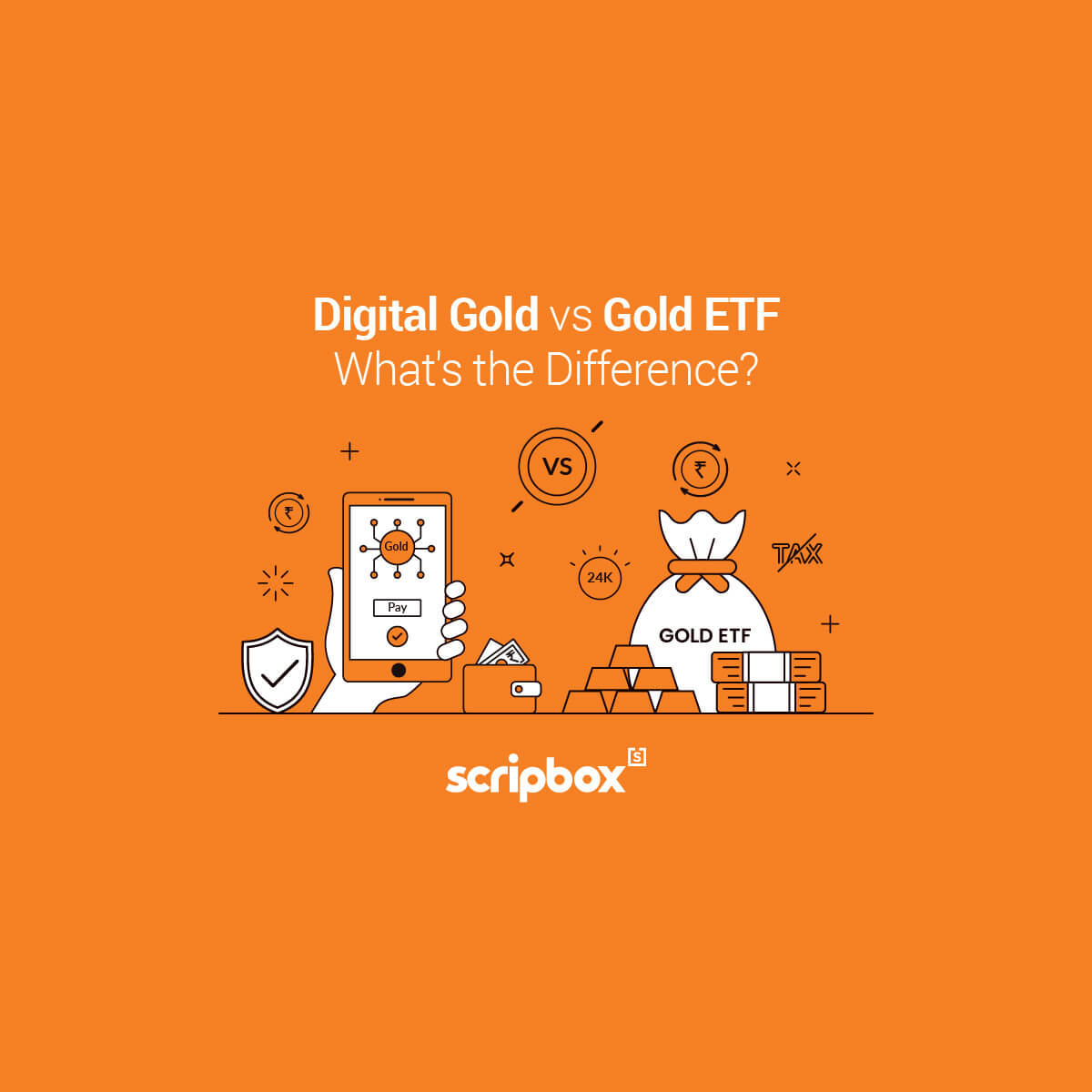
Digital Gold vs Gold ETF: Understanding the Key Differences
In India, gold is a go-to investment for most, and every auspicious occasion is marked with the purchase of gold. However, it comes with a risk of security and additional costs and charges. In this new era, you can purchase...

Gold Coin vs Gold Bar: Which is Better and Key Differences
In India, gold is a go-to investment. Gold is consumed in every form like jewellery, coins or biscuits, and every special occasion is marked with the purchase of gold. Moreover, the Government of India has set up the Bureau of...

What Is the Difference Between 22K and 24K Gold?
In India, people purchase gold either for investment purposes or as jewellery. While purchasing gold, there are different karats of gold available in the market. Do you know the difference between 24k vs 22k gold? Among 24k vs 22k which...
Practical Insights For Wealth Creation
Our weekly finance newsletter with insights you can use
Your privacy is important to us
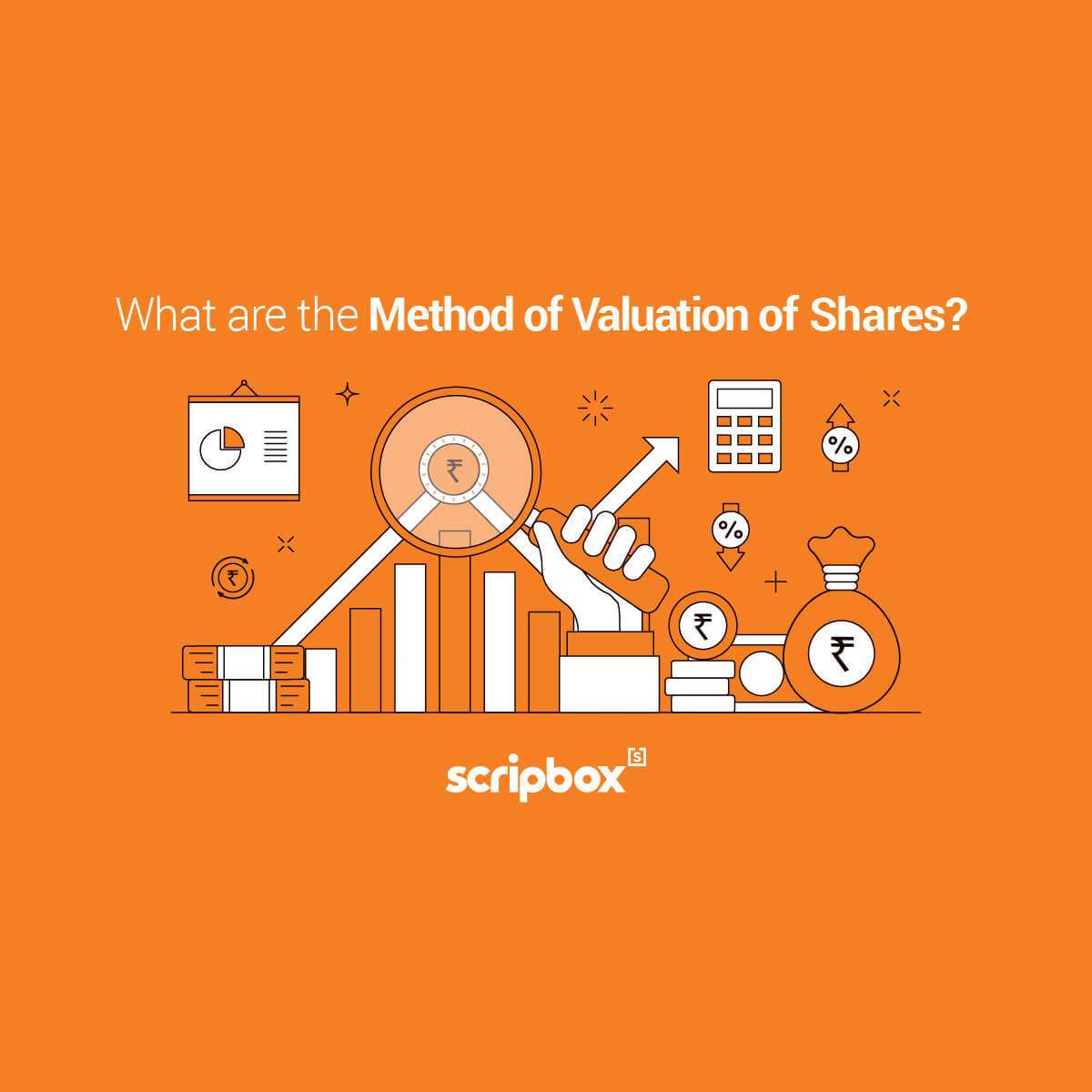
What is Valuation of Shares? Methods and Meaning Explained
The demand and supply forces determine a company's share price in the stock market. If the demand for a company's shares is high, the share price will go up. But the share price does not reflect the share's true value...
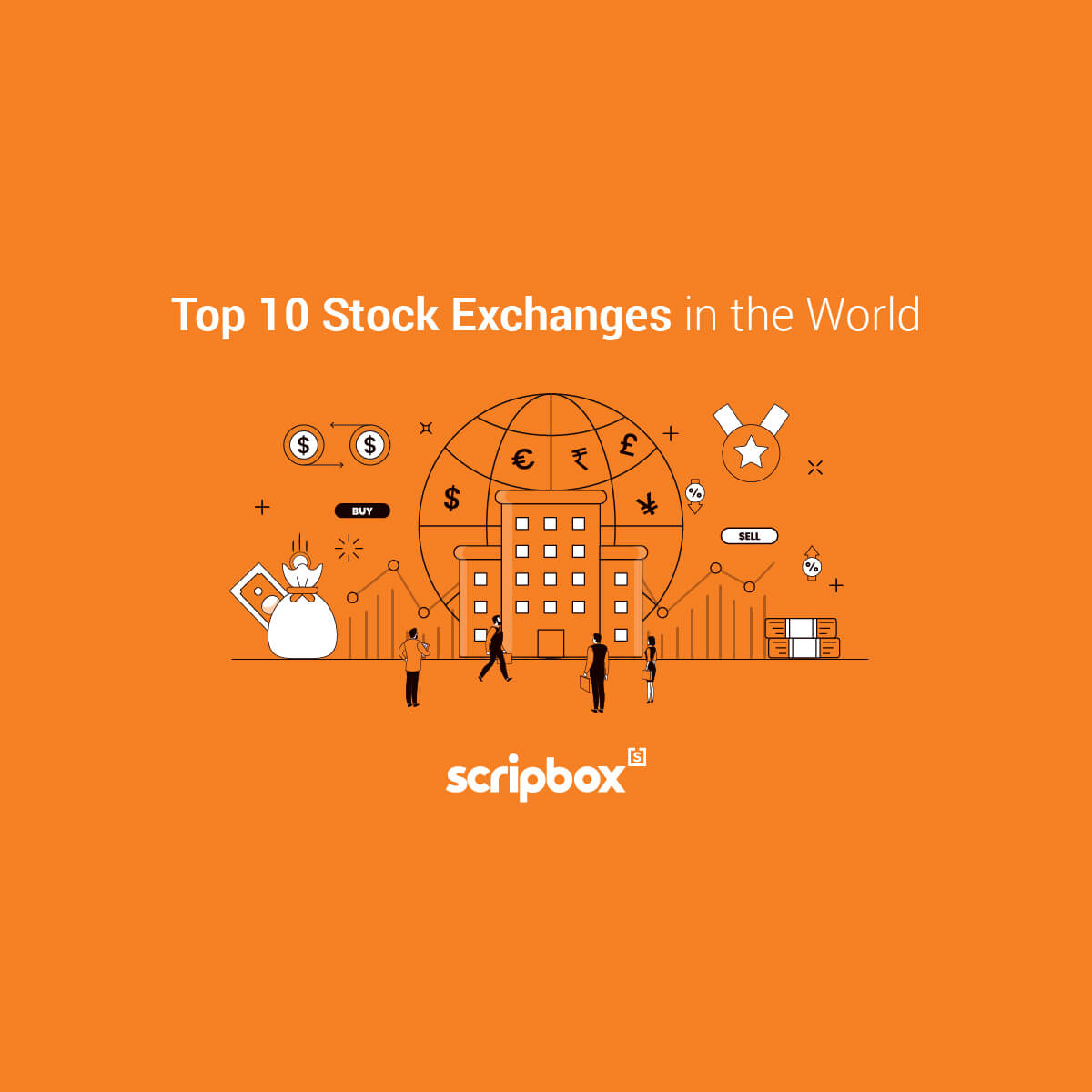
Largest Stock Exchanges in the World
A stock exchange is a marketplace where investors can buy and sell securities, including stocks, bonds, derivatives, commodities and other financial instruments. This is the most powerful component of the financial market. Also, it serves as a measure of the...

What is 916 Gold and What Does Gold 916 Mean?
Gold is a yellow metal that is considered to be very precious in India. It is linked to most Indian traditions where people buy on the occasion of marriage, festival, anniversary, etc. While purchasing gold, its purity can be altered,...









